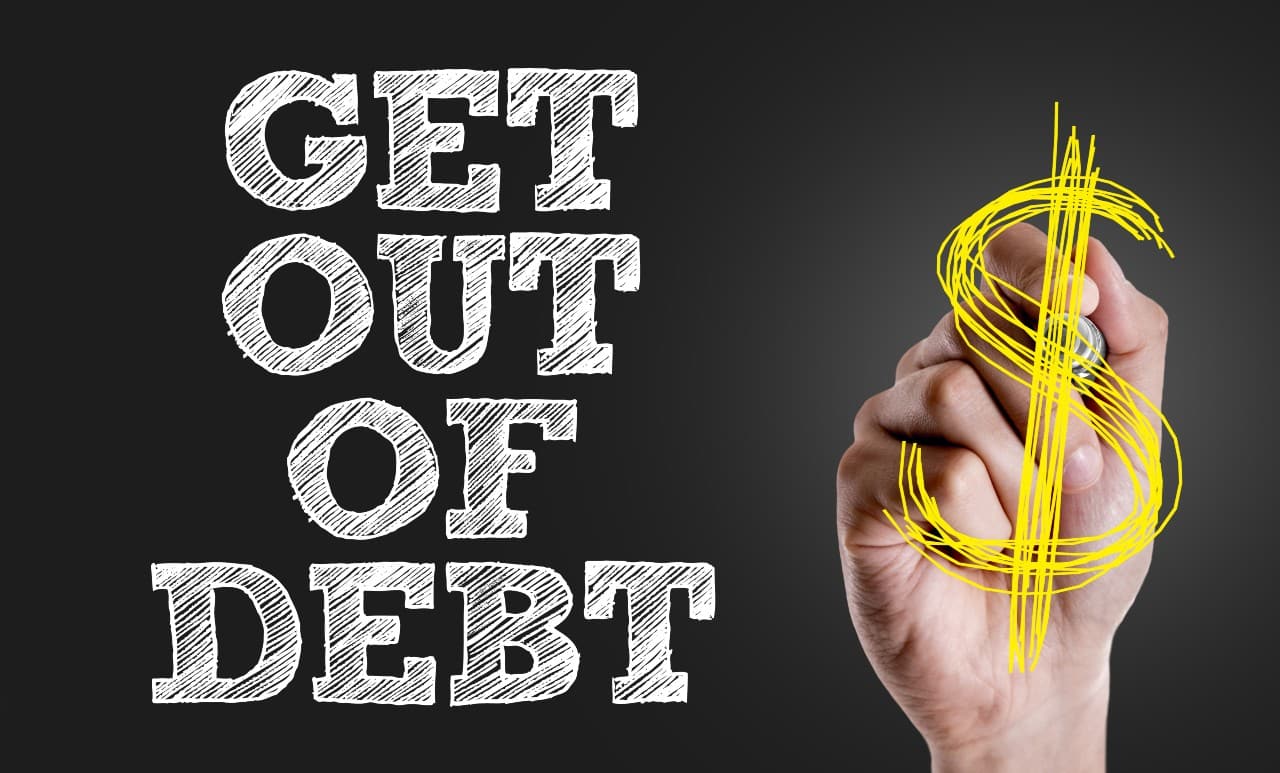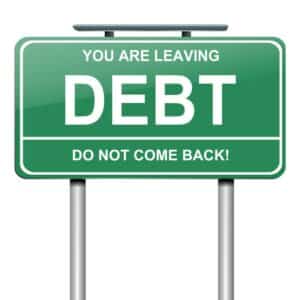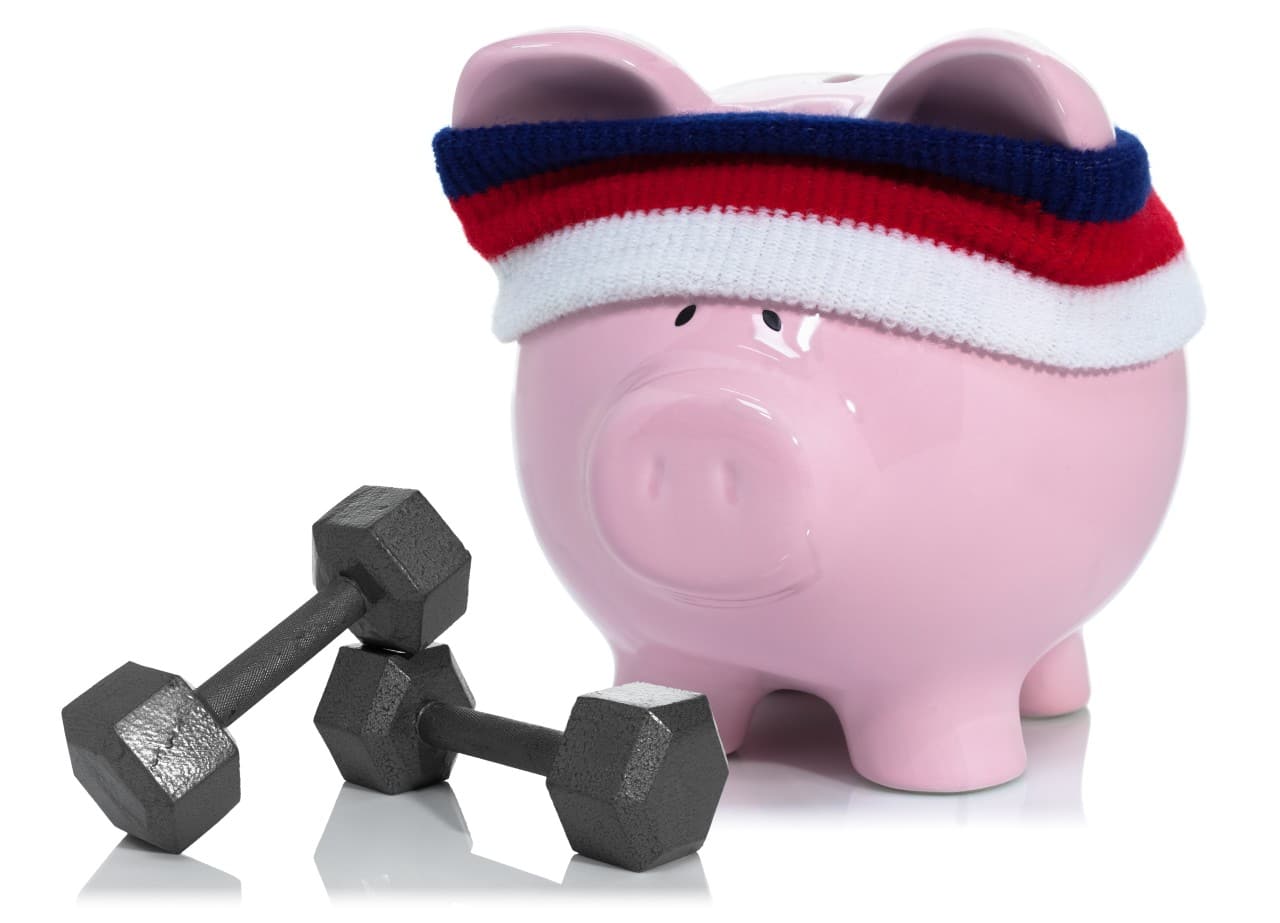At this point, it probably doesn’t come as a shock to you that the world we live in today is not the same one we were living in pre-Covid. The pandemic brought about a “period of grace”. Pressing pause on interest charges, or any payment at all, in many cases. As we strive to get back to a sense of normalcy, rising interest rates and cost of living have driven many to unprecedented debt levels. Now, in the aftermath, people are struggling to figure out how to manage their debt repayment obligations.
Recent findings in Canadian credit trends
Early this June, Equifax posted its findings on a survey about Canadian’s credit card usage. The article reported a few significant changes to the trends of years prior. Equifax found that at a time when non-mortgage debt usually drops, this year it isn’t. In fact, for many people, their credit card debt has continued to grow.
The survey states that in comparison to quarter one last year, credit card balances have risen by 14.5% in 2023. Along with the rise in credit card usage, 175,000 more Canadians missed at least one of their debt payments.
What’s most surprising about this information is who is saying they are struggling. Generally, it’s lower-income and younger individuals facing financial challenges. This time we see that homeowners are beginning to face the same issues.
Who is impacted most? Why?
Debt repayment is something most Canadians have to deal with at some point in their lives. While that may be true, we don’t all face the same debt repayment struggles. Economic changes impact certain demographics greater than others. Low-income families often feel the brunt of financial hardship. Young adults and newcomers to Canada are also a part of this category. One way credit card issuers focus on getting new clients is by quickly offering these groups new credit cards. Right at a time when they are most vulnerable to the need for credit and are more susceptible to racking up credit card debt because of its ease and convenience.
We now see homeowners being impacted by the rise in interest rates on their mortgages. To handle inflation, the Bank of Canada has made it more difficult for homeowners to pay off their various loans. It seems to be the consensus that mortgage payments take priority over other loans. When money’s tight, you must decide which payments to prioritize.
Why does it feel harder to repay my debt?
Some of you might be thinking, “I have the same spending habits as I did before the pandemic. Why is it so much harder paying off debt now”?
Despite the Bank’s best efforts to discourage consumer spending, inflation and interest rates continue to rise. Grocery prices alone have jumped up faster than the rate of inflation. Food, transportation and housing are areas of consumption that are hard to cut back on. There are ways to reduce your food budget can help if you don’t know where to start cutting back, but for many people that isn’t enough of a solution.
How Canadians are feeling about their finances
The Angus Reid Institute reports that Canadians are feeling less secure in their finances compared to last year. They found that 50% of renters and homeowners are struggling to maintain their monthly payments.
Uncertainty around being able to afford a place to live is an emotion no one wants to experience, and yet for many, it is a reality. This financial stress is leading more and more Canadians to brace themselves for hardship. As much as 32% of Canadians were reported to believe that the near future will hold even more financial struggles.
Debt repayment options
What can you do when your debt becomes too much to manage on your own?
Luckily, there are many routes for you to take, depending on your personal circumstances. Some options will help you pay off all your debt while others will leave you to cover just a small amount. For less extreme cases, there are things you can do to ease your load. In all cases, the goal is for you to become debt-free.
Balance transfer
If your financial situation can be helped simply by lowering the interest rates on your credit card, a balance transfer is the right move for you. This is as simple as applying for a credit card with a lower interest rate and transferring the remaining balance of your existing card onto it. Beware, the low (or even no) interest rate will only be available for a certain amount of time. If you decide to use this option, go into it with both eyes open and a plan.
Debt management program
Upon hiring a credit counselling agency, they negotiate with your creditors on your behalf and come up with a payment plan that works for you. Most often it’s lowering, or eliminating, the interest. The agency then collects monthly payments from you and disperses them to the creditors. This saves you money on interest and time from paying individual creditors.
Consumer proposal
You’ll need to hire a licensed insolvency trustee in order to file a consumer proposal. This type of financial aid requires you to pay only a portion of what you owe instead of the full amount. It’s worthwhile looking into other debt repayment options first. Once a consumer proposal is filed, your credit score will drop.
Bankruptcy
Bankruptcy should only be declared as an absolute last resort. Nearly all debts are forgiven by filing for bankruptcy. However, it will make any future loans or rentals extremely difficult.
Best practices
If you decide to tackle your debt on your own, these techniques are known to be helpful when paying off debts. take a look and decide which works best for you.
Snowball method
Pay the smallest balance and work your way to the largest.
Avalanche method
Pay high-interest debts first and work your way down.
Highest payment method
Start with the highest monthly payment and finish with the smallest.
Emotional method
Pay off debt that you have the most negative emotions around first.
Avoiding financial trouble
The best way to handle debt is to avoid it in the first place. The first step is to create a budget that is specific to your financial goals. Making the conscious decision to save money while you’re financially healthy will save you a lot of trouble when you’re not. While you do this, create an emergency personal finance kit alongside it. Easy access to all your financial information will reduce stress if you ever find yourself in a tight spot.
Final thoughts
The lifestyle we knew has shifted quite a bit in the last few years, and that can be scary. On the road to financial recovery, don’t forget to be kind to yourself. We know getting back on track can be overwhelming. Our trained credit counsellors are just a click away if you need help getting started.










